
DER OPERNBALL
Richard Heuberger
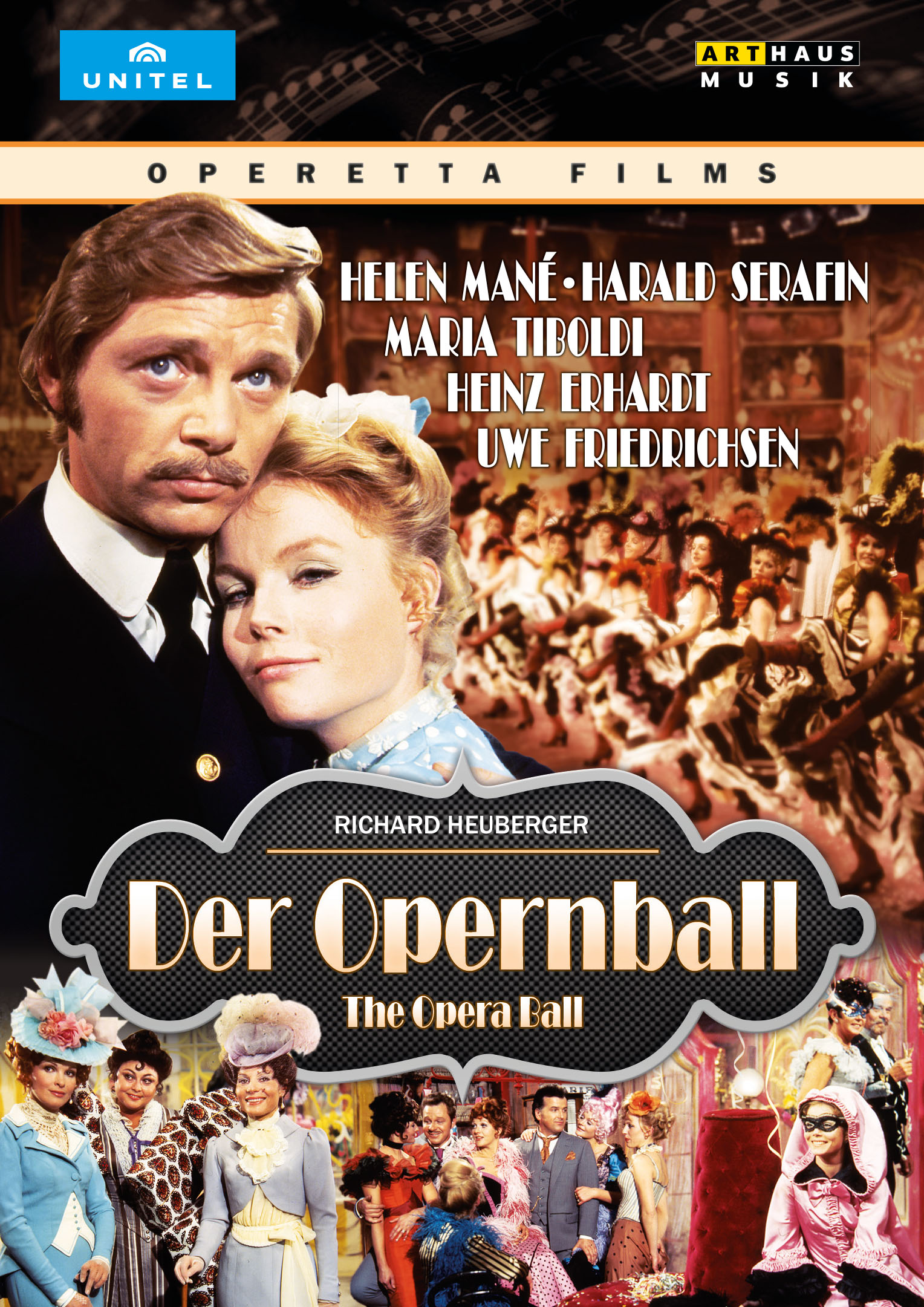


Richard Heuberger
DER OPERNBALL
1970
Soloists:
Helen Mané, Maria Tiboldi, Tatjana Iwanow
Orchestra, Chorus:
Symphonie-Orchester Kurt Graunke
Conductor:
Willy Mattes
Director:
Eugen York
Richard Heuberger (1850–1914) came from a wealthy, art-loving Graz (Austria-Hungary) family. After working as an engineer, he decided to devote himself completely to music, working as choral director of the Vienna Singakademie, composer of instrumental music, ballets, cantatas and operas, music critic and music journalist. Shortly before the turn of the century, he tried his luck with operettas. Only his first work, the delicately orchestrated, splendidly hued “Opernball” (Opera Ball ) of 1898 – a beautiful and substantial echo of the Strauss era – has managed to maintain its position in the repertoire. In this work, Heuberger tried to create a new operetta style, the “comedy operetta”. He eschewed spectacular costumes and choruses, sentimentality and drama by picking up where Offenbach had left off in “La vie parisienne” and Strauss in “Die Fledermaus”. According to the great Viennese music critic Eduard Hanslick, he succeeded in “preserving the purity of the Viennese operetta. The “Opernball” was a popular, witty piece and Heuberger accordingly avoided the effects of grand opera, both noisy passion and atered-down sentimentality.”
Genre:
Oper
Running Time:
100
Picture Format:
4:3
Sound Format:
PCM Stereo
Number of Discs:
1
Region:
0
Languages:
DE
Subtitle Languages:
DE, GB, FR
EAN:
4058407093077
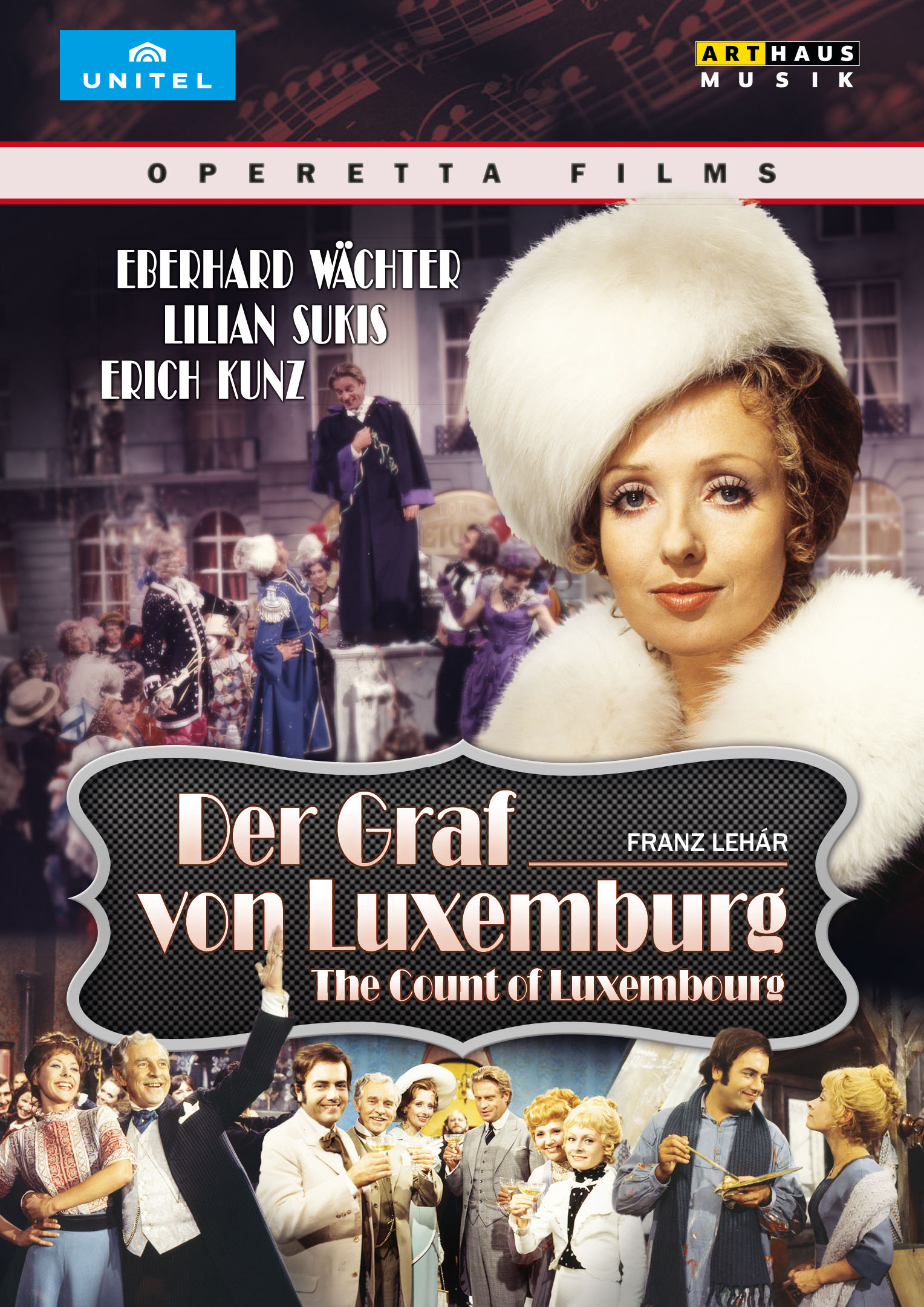
Franz Lehár
With its charmingly romantic theme, effective stage action and abundance of spirited and delicate moods, this Parisian-flavoured libretto gave Franz Lehár every opportunity to display his talent. After the sensational success of the “Merry Widow” (1905), Lehár completed this operetta in only three weeks in 1909 and at first(...)
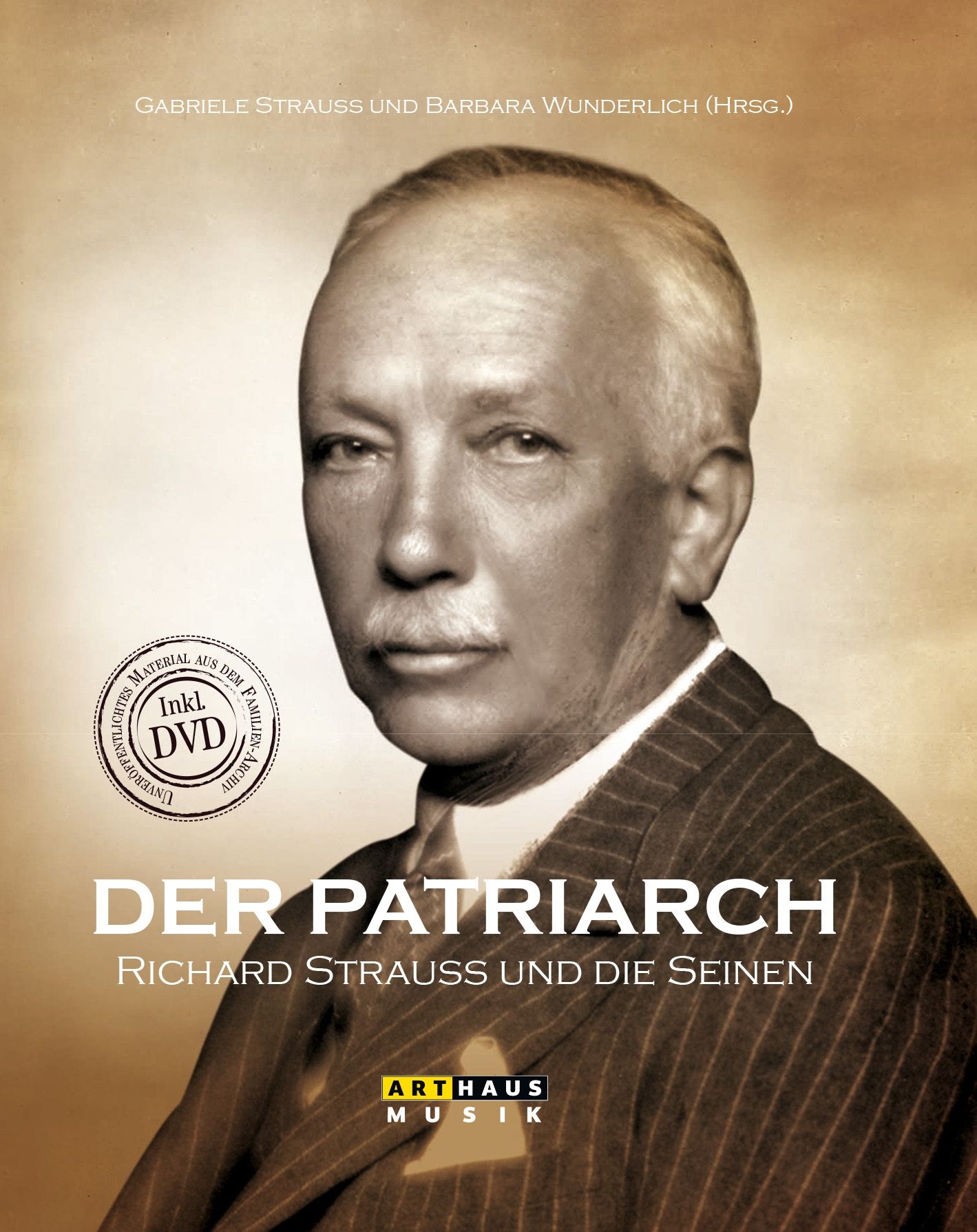
Richard Strauss is one of the most famous and successful composers of the 19th and 20th centuries. He wrote over 250 works, was a gifted conductor, cosmopolitan freethinker and committed to cultural affairs. But he was also a strict family father, a patriarch who rarely tolerated contrary views – a man who planned everything to the last(...)









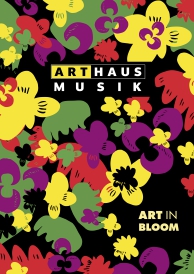 PDF Download (5,5 MB)
PDF Download (5,5 MB)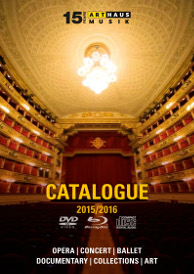 PDF Download (6,7 MB)
PDF Download (6,7 MB)